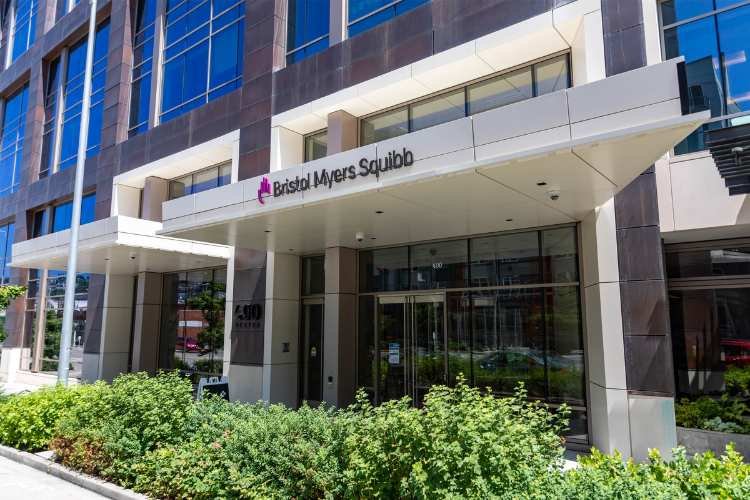Bristol Myers Squibb is placing a significant bet on its robust pipeline to weather challenges such as the Inflation Reduction Act and impending patent losses. Despite facing headwinds, BMS has demonstrated its research and development prowess, securing nine FDA approvals and more than 45 global regulatory nods in the past three years.
BMS now aims to expand the labels of over 25 of its approved drugs in the coming years. Chris Boerner, BMS’ COO and incoming CEO, acknowledges these challenges but remains confident, stating, “The starting point is strong.”
The Inflation Reduction Act (IRA) of the previous year poses a potential threat, as it will subject BMS’s blockbuster blood thinner Eliquis to Medicare price negotiations in 2026. Additionally, patent losses, including Revlimid, Eliquis, and later, Opdivo, further compound the challenges ahead.
Nevertheless, Boerner sees an opportunity to navigate these challenges and ensure sustained, reliable growth. BMS is focusing on diversifying its pipeline, with 12 registrational programs set to emerge in the next 18 months, compared to just six at the beginning of 2023. Additionally, the company is excited about its early-stage assets, which will form the basis for its future medicines.
One notable example is Sotyktu in immunology, part of a portfolio with potential peak sales exceeding $4 billion. Sotyktu, approved for plaque psoriasis in September 2022, is progressing to phase 3 trials in psoriatic arthritis and is undergoing a late-stage trial in systemic lupus erythematosus. However, BMS has decided not to pursue its development for inflammatory bowel disease (IBD).
BMS is also leveraging improved manufacturing techniques for its CD19-directed CAR-T therapies, expanding into immunology. The company’s initial target is systemic lupus erythematosus, with plans to explore other indications such as myositis and multiple sclerosis.
In oncology, BMS is seeking label expansions for Opdivalag and Opdivo, with potential for a subcutaneous formulation of Opdivo. Data on this formulation is expected soon. In hematology, Reblozyl, which recently gained a new indication, is poised for further growth.
BMS believes its pipeline is rich, deep, and differentiated, promising a bright future both in terms of the pipeline and the business overall.
The company is also open to external prospects, striking a balance between internal and external innovation. According to Robert Plenge, Chief Research Officer at BMS, this balanced approach is crucial for the company’s growth strategy.
BMS’s optimism about its pipeline comes as its star product, Revlimid, faces generic competition sooner than anticipated. In July, Bristol Myers Squibb significantly reduced its revenue estimate for Revlimid in 2023, slashing it by a substantial $1 billion, and also lowered its overall revenue forecast.
By 2025, BMS expects immuno-oncology stalwarts Opdivo and Yervoy, along with Eliquis, to contribute $8 billion to $10 billion in annual growth. An additional $10 billion to $13 billion in annual sales is anticipated from recent and near-term launches, including CAR-T therapy Breyanzi, anemia drug Reblozyl, and psoriasis treatment Sotyktu. By 2029, the company believes its new launches could generate $25 billion or more in revenue.





























